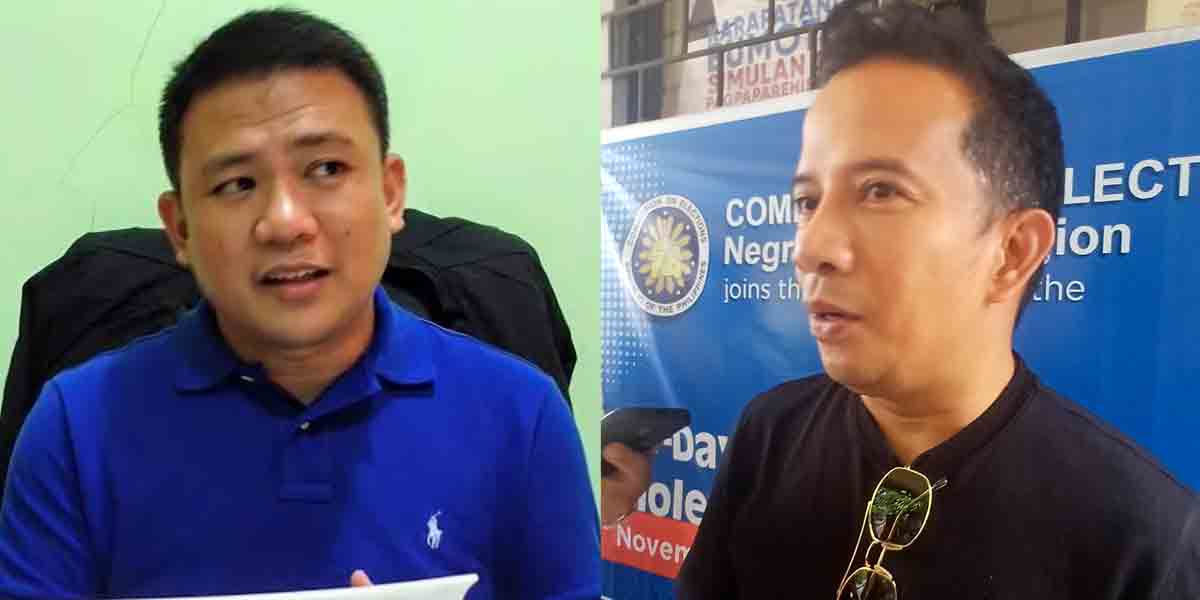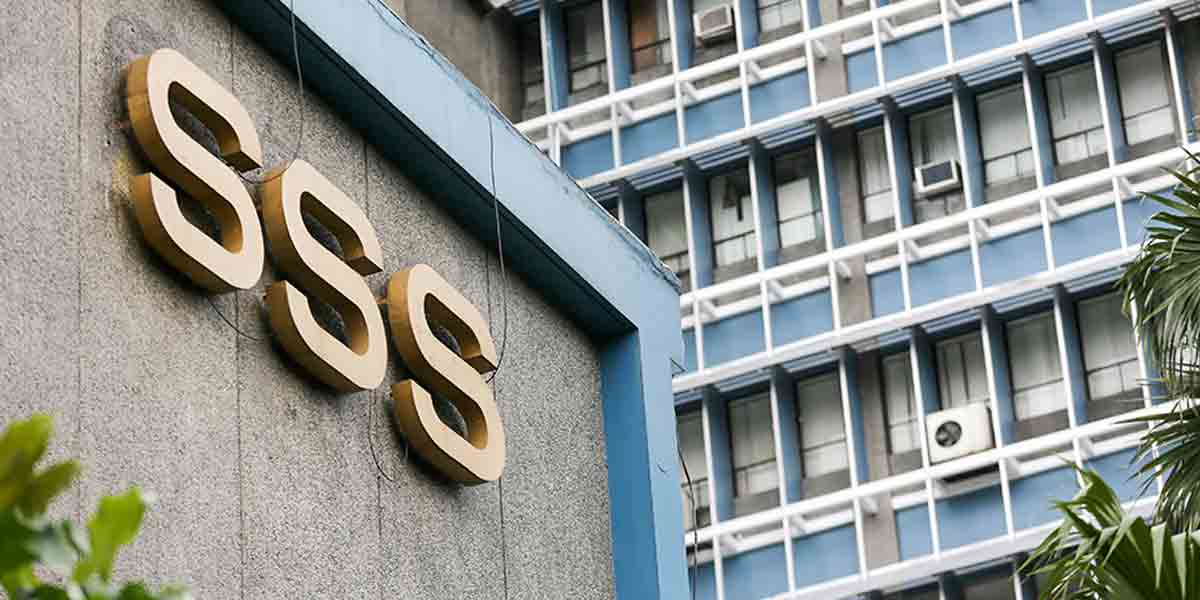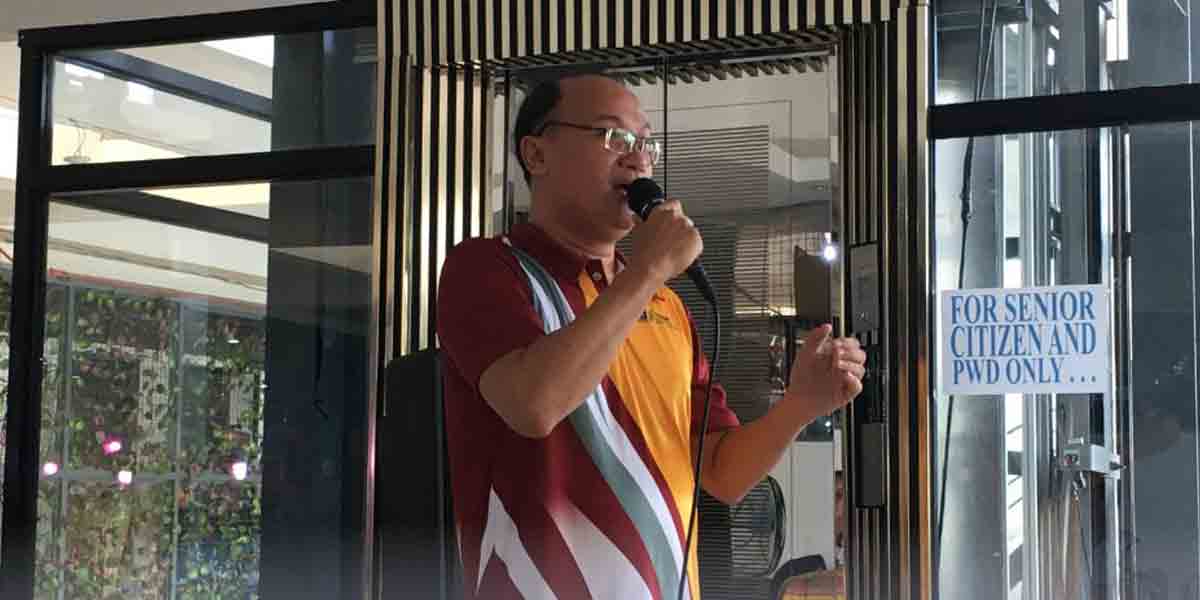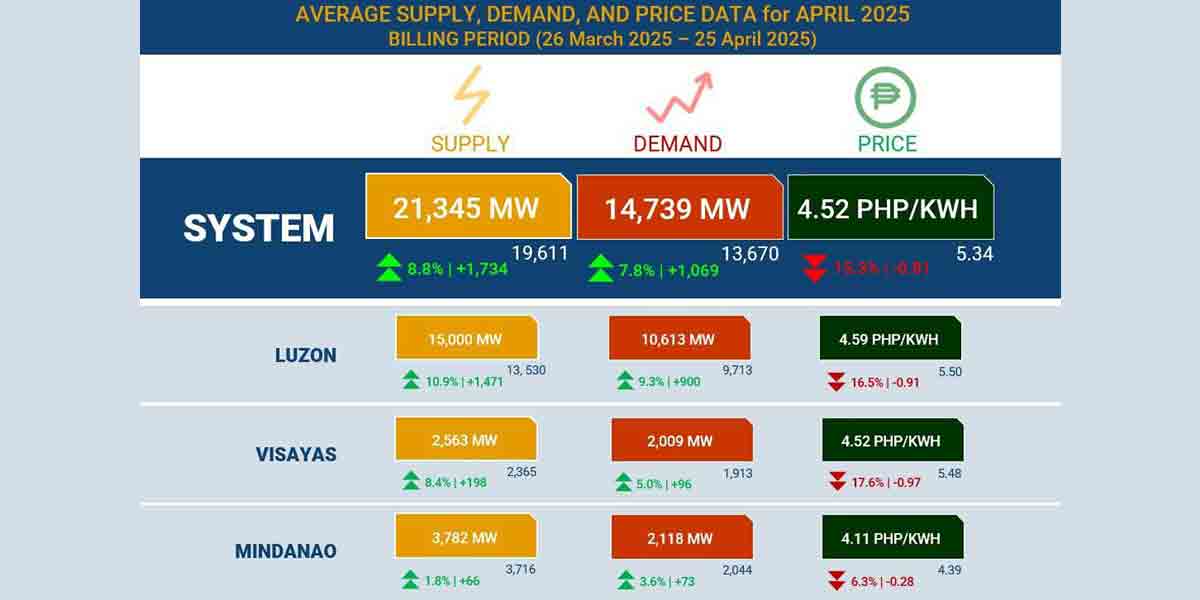Hong Kong has met fresh tensions recently when thousands of protesters took to the streets to oppose a new security law proposed by the People’s Republic of China. The measure is everything you would expect coming out from the depths of Hades.
The measure — which is said to be rolled out within the week — introduces worrying prospects to a city that has enjoyed a more liberal environment compared to mainland cities. With the enactment of this new law by the National People’s Congress, citizens of the former British colony would be charged for sedition, treason, and subversion. It will also allow the establishment of security institutions within Hong Kong, a move that pro-democracy leaders see as a clear violation of the city’s semi-autonomous status.
Hong Kong’s citizens have enjoyed civil liberties not afforded to those living in the mainland. An evidence of this is the city’s commitment to free speech and an independent judiciary.
Dissent is greatly tolerated and the courts are able to operate free of any political control. And without a doubt, these are things the citizens of Hong Kong wouldn’t want to give away. These are also the things the PRC would move heaven and earth to take away.
When the British turned over Hong Kong to the PRC in 1997 thereby ending more than 150 years of colonial rule, The Basic Law of the Hong Kong Special Administrative Region of the People’s Republic of China took effect, providing the city some measure of independence under a “one country, two systems” arrangement.
Despite this, however, the PRC has since been acting like a desperate stepdad trying to control a freedom-loving stepson who still thinks his real dad was way cooler. Attempts to propose draconic security measures to the city were met with mass resistance, starting in 2003 when thousands of Hong Kongers resisted the passing of a measure that would have tightened Beijing’s grip on free speech.
With the SARS outbreak in the background, the Liberal Party chairman Michael Tien stepped down from his post at the Executive Council, resulting in the withdrawal of a bill to amend the controversial Article 23 of the Basic Law.
In 2012, protesters converged again to oppose a decision to introduce “national education” to Hong Kong schools. According to a report by the New York Times, the revised curriculum featured educational materials that skewed in favor of the CCP and ignored events that had tainted the PRC’s reputation such as the Tiananmen Square Massacre and the Cultural Revolution.
Two years later, the Umbrella Movement took shape to oppose a decision by the National People’s Congress to select nominees for Hong Kong’s Chief Executive post. This would have violated citizens’ rights to fair elections since it would have given the PRC a final say on who gets to be a candidate for the position.
The same level of resistance was also demonstrated in 2019 when citizens went out in droves to oppose an extradition bill that would have contested the rule of law in Hong Kong and override the city’s democratic traditions.
And just like in 2003, protesters are flooding the streets again amidst the CoViD-19 pandemic to fight another set of anti-democratic measures. Only this time, there is a high likelihood that these measures would pass and finally silence dissent.
But could the PRC succeed though? It could have picked a better time to flex its muscles when the rest of the world is blaming the CCP for its delayed response in containing the pandemic. Then again, it would seem like CoViD-19 provided the right amount of cover to slip a new security bill right under everyone’s nose.
Hong Kongers are having none of it, because they know they are fighting a virus far deadlier since it takes more than just a vaccine to totally defeat it: the virus of power.




















